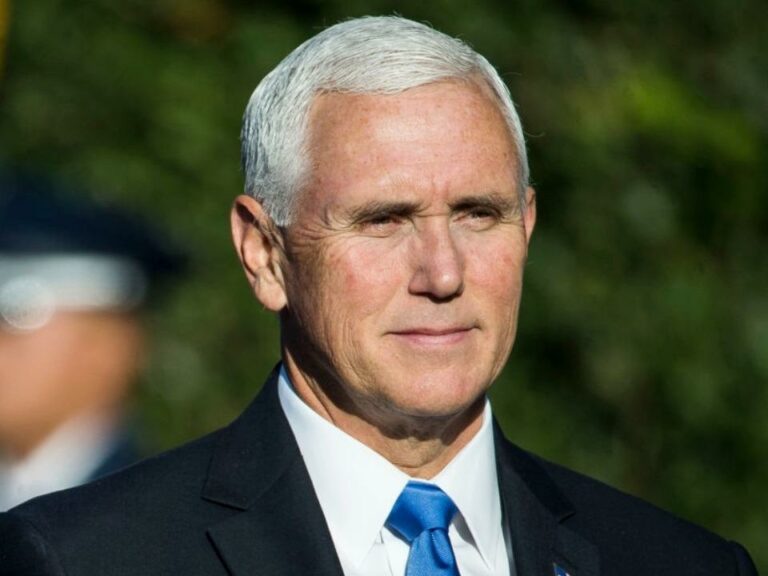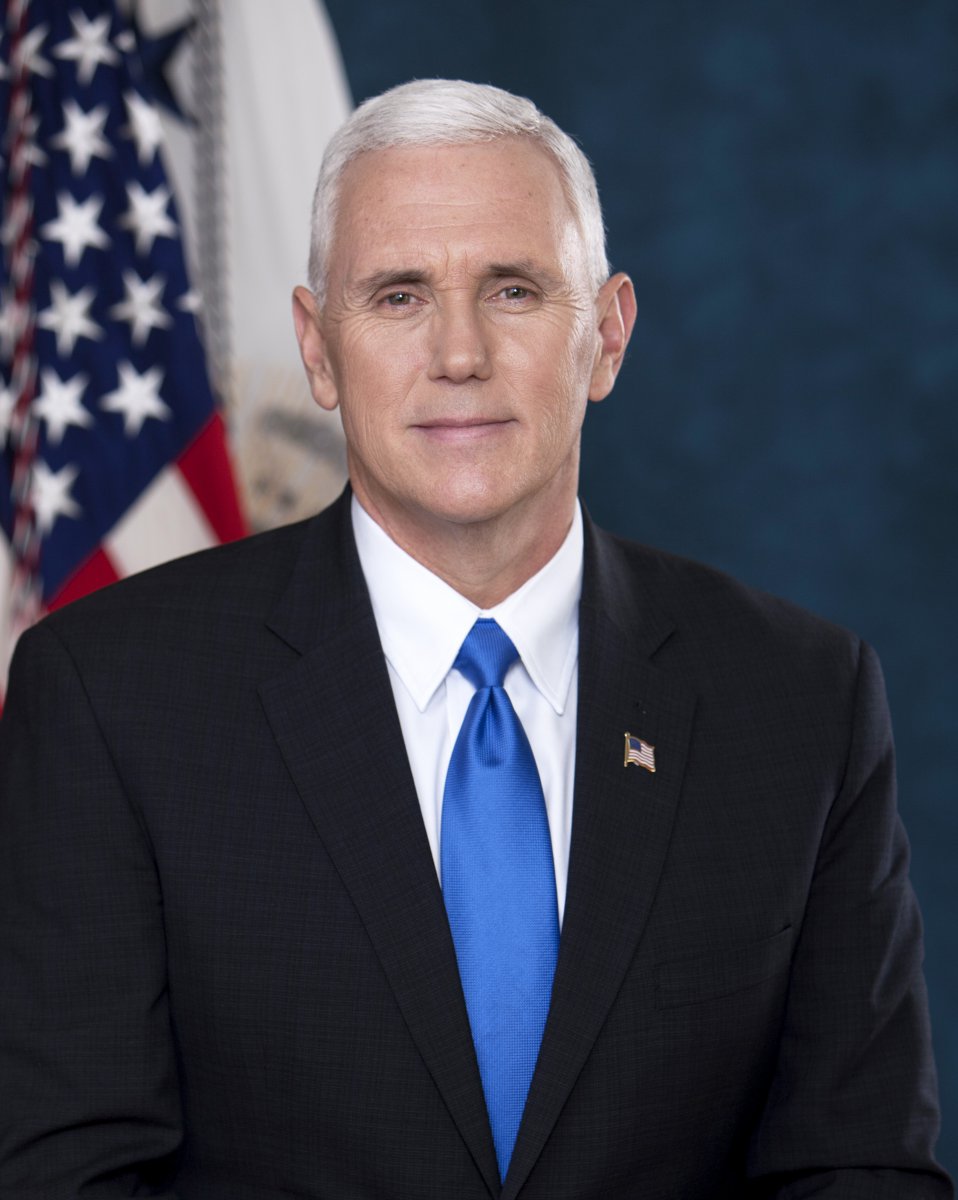A Comprehensive Guide To Mike Pence'S Political Career

Mike Pence has been a prominent figure in American politics, shaping policies and influencing the Republican Party for over two decades. His journey from the Indiana governor's mansion to the vice presidency under Donald Trump marks a significant chapter in U.S. political history. This guide offers a detailed look at Mike Pence's political career, highlighting his key achievements, challenges, and future prospects.

Early Life and Political Beginnings
Born on June 7, 1959, in Columbus, Indiana, Mike Pence grew up in a middle-class family. His father ran a small business, instilling a strong work ethic in him from a young age. Pence attended Hanover College, where he earned a degree in history. Shortly after college, he developed an interest in politics, influenced by conservative talk radio and the Reagan era.
In 2000, Pence was elected to the U.S. House of Representatives, representing Indiana's 2nd congressional district. His time in Congress laid the groundwork for his future political career, where he became known for his strong stance on social issues and fiscal conservatism. Pence's early political career was marked by his unwavering support for the Republican Party, which he viewed as the vehicle for implementing conservative values.
Tenure as Governor of Indiana
Mike Pence served as the Governor of Indiana from 2013 to 2017. His governorship was characterized by significant policy initiatives that aimed to improve the state's economy and education system. One of his notable achievements was the passage of a comprehensive education reform bill that expanded school choice, allowing parents to select charter schools for their children.
Under Pence's leadership, Indiana also saw a reduction in unemployment rates and the implementation of tax cuts that appealed to businesses. However, his administration faced criticism for its handling of public health issues, particularly during the HIV outbreak in Scott County, where many attributed the spike to his policies on drug addiction.
Vice Presidency under Donald Trump
In 2016, Pence was selected as Donald Trump's running mate, becoming the Vice President of the United States. His role was pivotal during Trump's presidency, particularly in shaping the administration's policies on health care and tax reform. Pence was instrumental in the passage of the Tax Cuts and Jobs Act in 2017, which provided significant tax relief to corporations and individuals.
Additionally, Pence played a key role in the administration's response to the COVID-19 pandemic, serving as the head of the White House Coronavirus Task Force. His leadership during this crisis received mixed reviews, illustrating the complexities of managing public health on a national scale.

Political Views and Legislative Achievements
Economic Policies
Mike Pence strongly advocates for free-market principles. During his governorship, he promoted tax cuts and deregulation to stimulate economic growth. His time as Vice President saw the continuation of these policies, culminating in significant tax reforms that reshaped the American economic landscape.
Social Issues
Pence is well-known for his conservative views on social issues, particularly regarding abortion and LGBTQ+ rights. His administration's policies often reflected these beliefs, leading to a strong base of support among evangelical voters. However, these stances also sparked significant backlash and political controversies.
Health Care
During his tenure as Vice President, Pence emphasized the need to repeal and replace the Affordable Care Act. He championed alternatives that focused on reducing federal involvement in health care, aligning with his broader commitment to limited government.
Controversies and Challenges
Pence's political career has not been without its controversies. His handling of LGBTQ+ issues during his governorship raised eyebrows, particularly the Religious Freedom Restoration Act, which many believed allowed discrimination against LGBTQ+ individuals. This legislation faced widespread protests and backlash, impacting his public image.
Furthermore, his association with Donald Trump and the administration's policies often placed him at the center of political debates. Many viewed Pence as a polarizing figure, caught between loyalty to Trump and the broader Republican Party.
Future Prospects and Political Influence
As the 2024 presidential election approaches, Mike Pence remains a significant figure within the Republican Party. His experiences as Governor and Vice President position him as a potential candidate. However, his path may be complicated by his association with Trump and the shifting dynamics within the party.
Pence's influence on key Republican initiatives, particularly regarding social issues and economic policies, will likely continue to shape the party's platform moving forward. Observers are keenly watching his next steps and whether he will seek the presidency or play a different role in American politics.
Conclusion
In summary, Mike Pence's political career spans significant achievements and notable challenges. From his time as Indiana governor to his vice presidency, Pence has played a crucial role in shaping the Republican Party's direction. As he navigates the future of his political influence, his legacy will undoubtedly impact American politics for years to come. Whether he decides to run in the 2024 presidential election or not, Mike Pence's political career remains a fascinating chapter in U.S. history.